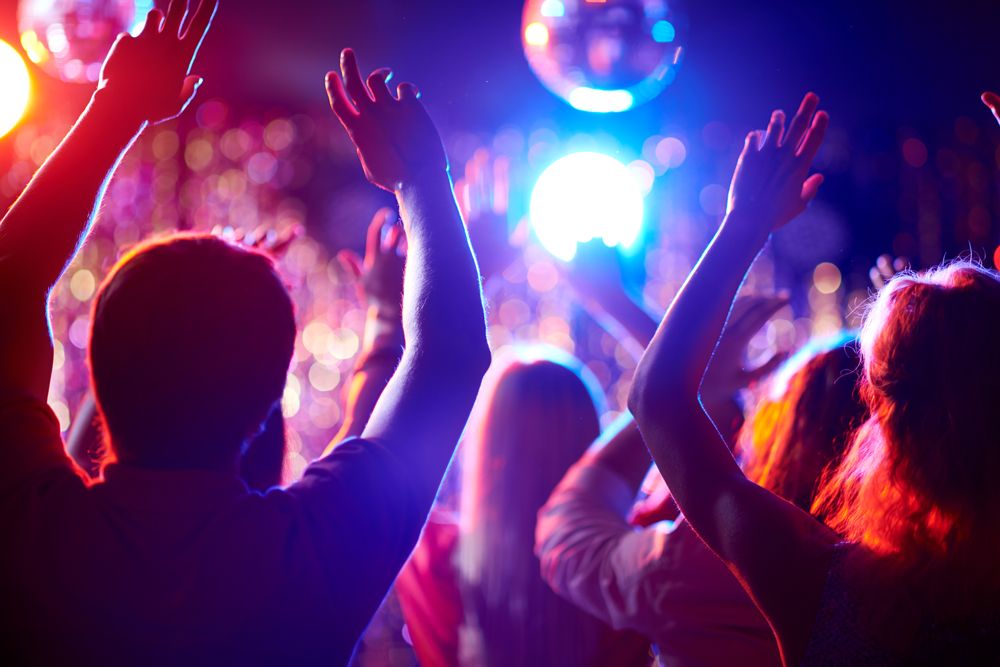Poor sleep has been associated with poor health and longevity. However, a new study has found that late sleepers are likely to die sooner, not due to bedtime, but from smoking and drinking-related disorders.
Chronotype is the natural inclination of the body to sleep at a particular time; some people are late sleepers or night owls, while others are early birds. Studies have shown that a person’s chronotype can affect appetite, exercise and core body temperature.
In the latest study, researchers from Finland evaluated the association between chronotype and mortality, by evaluating data of more than 20,000 people from a 1981 survey about sleep habits.
The research team found that people who described themselves as night owls were more likely to die younger compared to morning people. The mortality risk was 9% for those who were “somewhat” evening persons, while it was 21% for people who were totally evening types.
Earlier studies have also shown that night owls have high mortality and risk behavior, but the latest findings indicate it is not directly due to chronotype.
When factors like smoking and drinking were also accounted for, the increased risk of mortality in late sleepers disappeared.
“Our findings suggest that there is little or no independent contribution of chronotype to mortality. The increased risk of mortality associated with being a clearly ‘evening’ person appears to be mainly accounted for by a larger consumption of tobacco and alcohol. This is compared to those who are clearly ‘morning’ persons,” said Christer Hublin, the first author of the study.
“The opportunity here is what this means in terms of the choices people make. If you’re an evening type, you don’t have to go out and smoke and drink in the early hours of the morning. That’s a choice,” Jennifer Martin, professor of medicine at the University of California, Los Angeles, who was not involved in the study, told USA Today.
The study does not explain why night owls are more likely to drink and…
Read the full article here








